A unique and powerful strategy for leading others
In this newly revised third edition of Leading with Questions, renowned global leadership consultants Michael Marquardt and Bob Tiede describe how to ask powerful questions that generate short-term and long-term results and success. They show you how effective leaders use questions to encourage participation and teamwork, foster creative thinking, empower others, create relationships with customers, and solve problems.
The authors offer step-by-step guidance on the process of learning the art of questioning and techniques—like active listening and follow-ups – you can use in myriad situations with individuals, teams, and entire organizations. You’ll also find:
- The most recent research on how questions change people and companies for the better
- Interviews with over 40 world-leading executives and managers from a wide variety of industries and regions
- Concrete, hands-on strategies for generating short-term results and long-term change with questions
Perfect for managers, executives, and other business leaders, Leading with Questions will earn a place on the bookshelves of anyone interested in better engaging with and leading others.

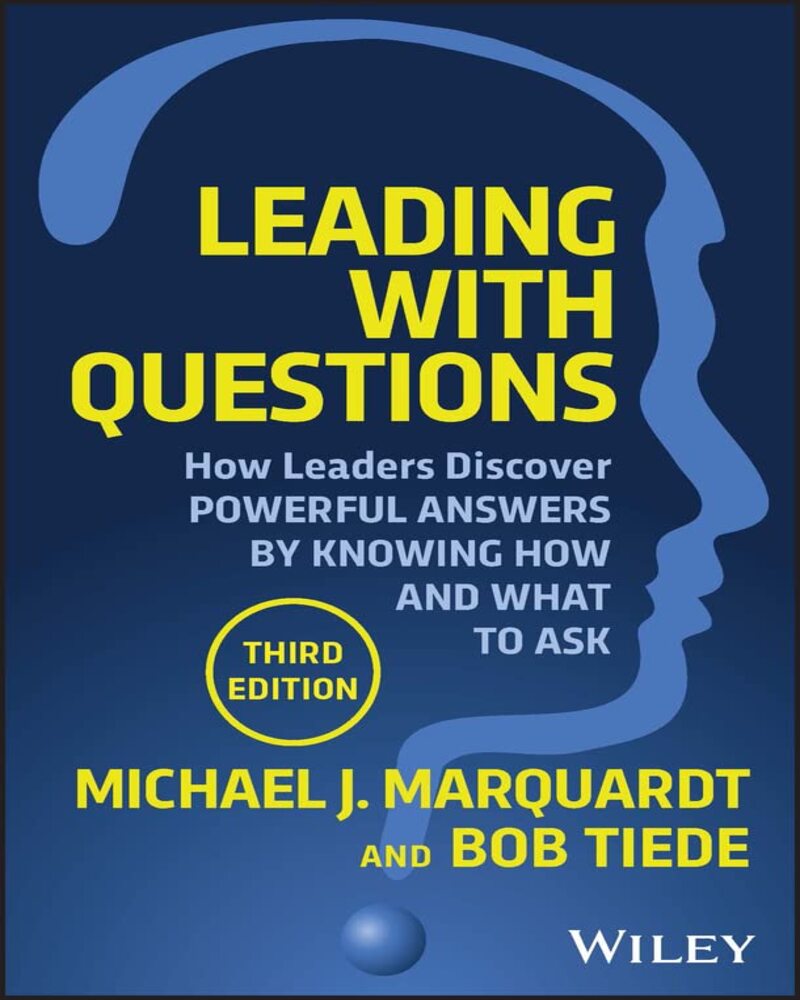
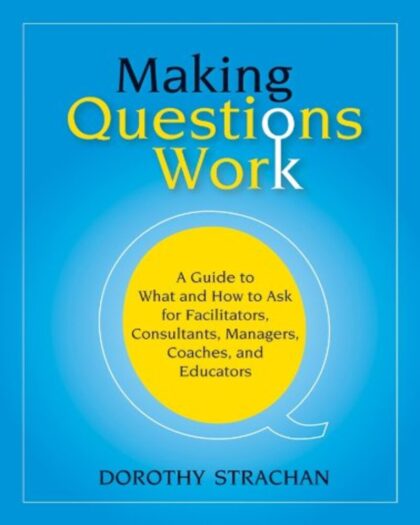
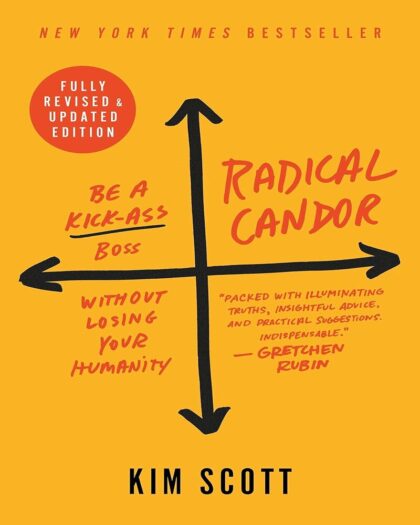
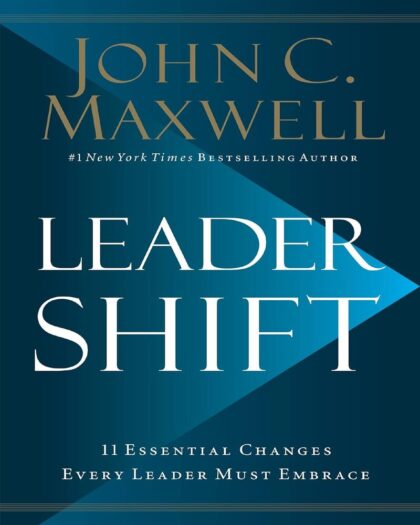
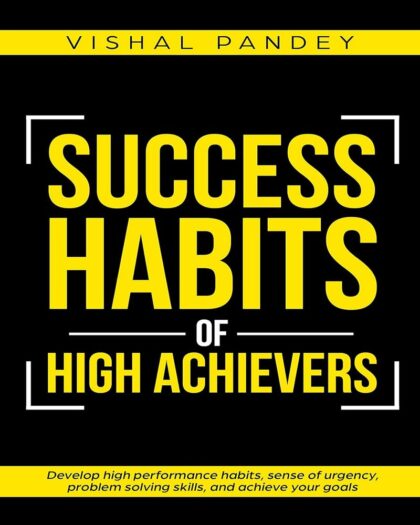
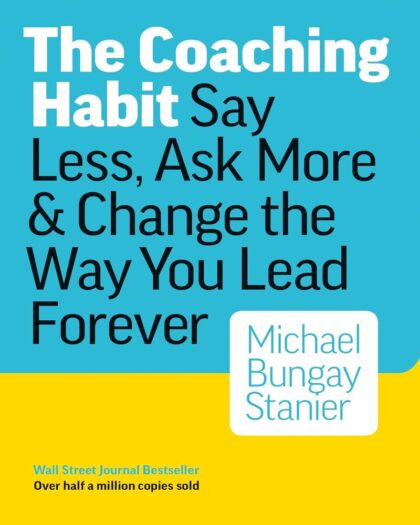
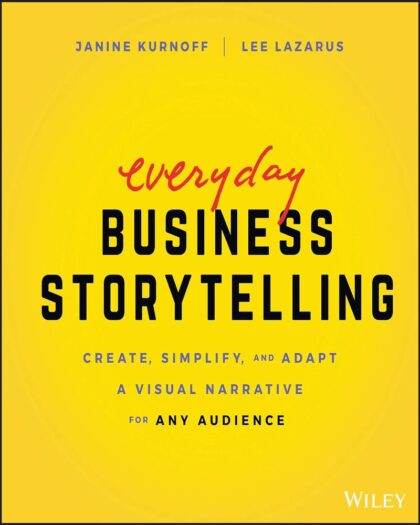

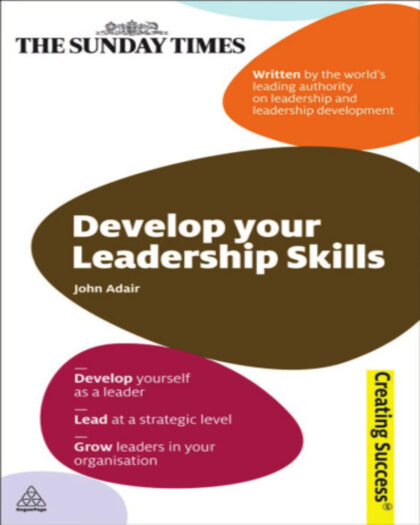
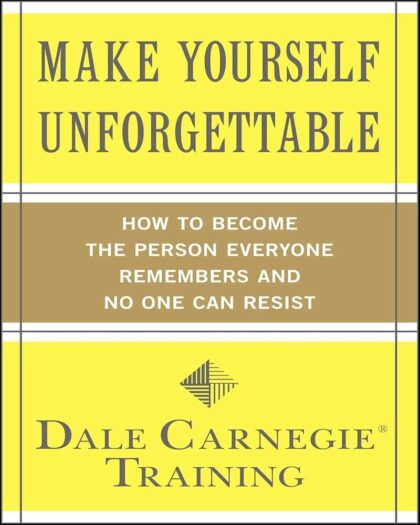
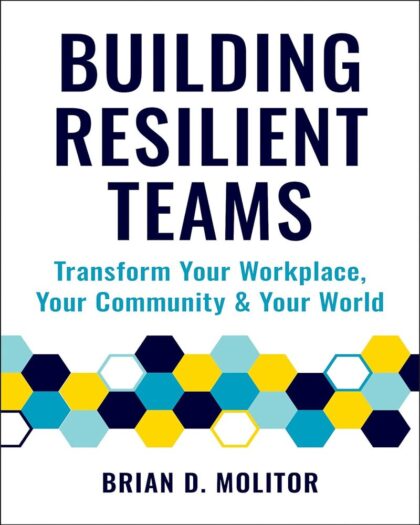
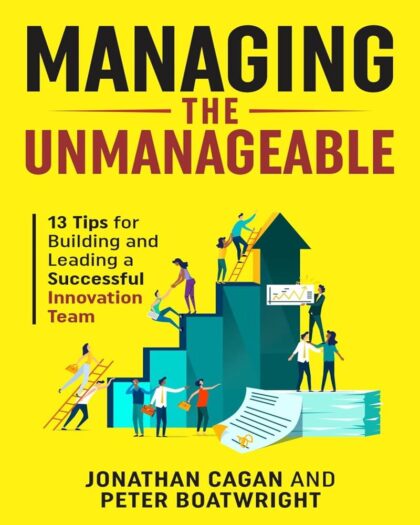
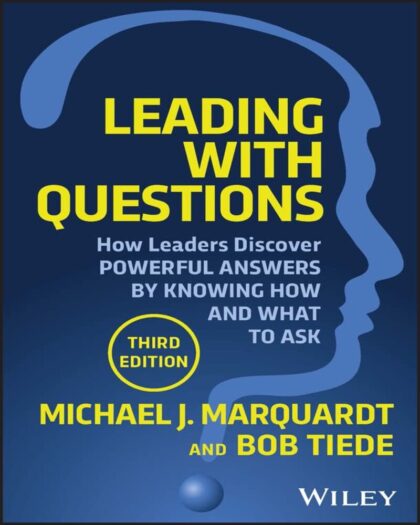
The simple statement of "I dont know. What do you think?" is a leader's model demonstrating humility and compassion, two keys to positive long term results. This book provides information and techniques for you to ask better questions at the right time and achieve greater results.
What is more powerful than asking a hurting person “Are you hurting? Can I help somehow? How can I pray for you?” Sincerely asked, people will open up and share.
Contrast that with “What’s wrong with you? Just get over it!”
We often move on without understanding the person’s situation, when validating the other person’s response to pain might be the first step in understanding.
Shannan Blum, MFT
emphasized behavioral techniques over cognitive techniques. Therefore, I was ambivalent about
the use of Socratic questioning, arguably the most important cognitive technique, until I read this
book. The authors demonstrate how Socratic questioning can be incorporated into two specific
behavior therapies, with one chapter dedicated to the Socratic dialectical method of Dialectical
Behavior Therapy and another dedicated to Socratic strategies in Acceptance and Commitment
Therapy. Beyond these two chapters, every chapter emphasizes that the Socratic process always
ends with a behavioral experiment. If you are a behaviorist like me and are curious how Socratic
strategies apply to behavior therapy, then buy this book!
I am also a CBT training consultant. In my work as a consultant, I utilize a rating scale to assess
competence in CBT. However, only one item of this scale is devoted to Socratic strategies. The
authors of 'Socratic questioning for therapists and counselors: Learn how to think and intervene
like a cognitive behavior therapist' have contributed to the field of CBT training with their
development of the Socratic Dialogue Rating Matrix. If you are a CBT trainer and want to
improve your teaching and assessment of CBT skills, again, buy this book!
For me, a particularly novel and interesting part of this book was the chapters on how Socratic questioning applies to ACT, DBT, and prescribing medications. You won’t usually hear much about Socratic questioning in ACT or DBT trainings, but the authors make strong arguments that it’s not just applicable - it will elevate your practice. Highly recommended!